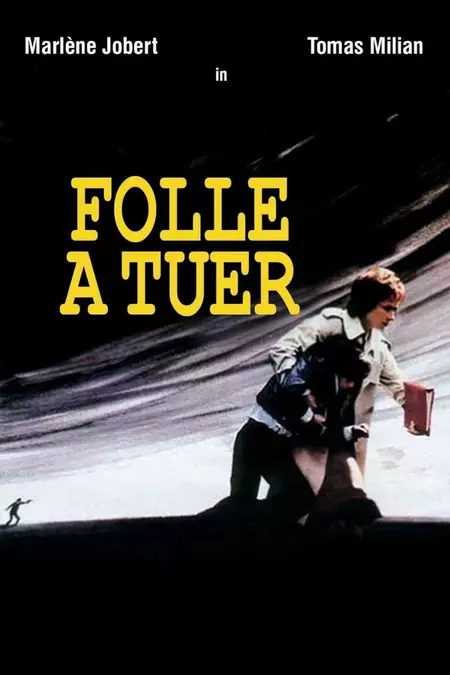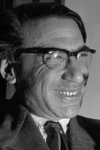Picnic on the Grass (1959)
November 11, 1959Release Date
Picnic on the Grass (1959)
November 11, 1959Release Date
Plot.
Where to Watch.
 Rent
Rent Rent
Rent Rent
Rent Rent
Rent Rent
Rent Rent
Rent Rent
RentCurrently Picnic on the Grass is available for streaming online, rent, buy or watch for free on: Amazon Video, Canal VOD, Orange VOD, Universcine, LaCinetek, VIVA by videofutur, Premiere Max
Streaming in:🇫🇷 France

Cast & Crew.

Paul Meurisse
Étienne Alexis, célèbre biologiste
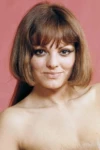
Catherine Rouvel
Antoinette dite :Nénette
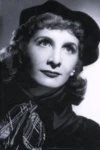
Jacqueline Morane
Titine
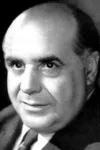
Fernand Sardou
Nino, le père de Nénette

Régine Blaess
Claire
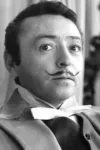
Jean-Pierre Granval
Ritou

Hélène Duc
Isabelle, la secrétaire du biologiste

Robert Chandeau
Laurent

Ingrid Nordine
la comtesse Marie-Charlotte
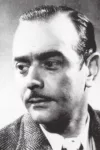
Charles Blavette
le berger Gaspard

Jacques Danoville
Mr. Poignant

Marguerite Cassan
Mme Odile Poignant
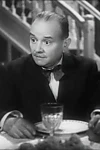
André Brunot
le curé

Paulette Dubost
Forestier
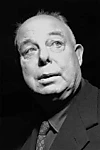
Jean Renoir
Director / Screenplay

Marcel-Louis Dieulot
Set Decoration
Media.
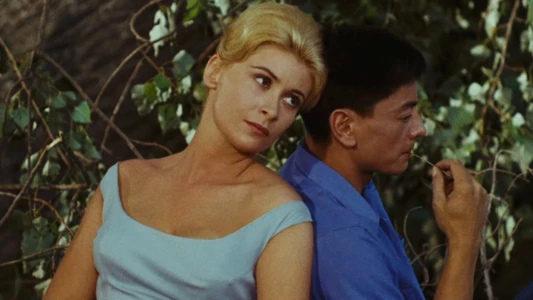

Details.
Release DateNovember 11, 1959
Original NameLe Déjeuner sur l'herbe
StatusReleased
Running Time1h 31m
Genres
Last updated:
Wiki.
Picnic on the Grass (French: Le Déjeuner sur l'herbe) is a 1959 French comedy film written and directed by Jean Renoir, starring Paul Meurisse, Fernand Sardou and Catherine Rouvel. It is known in the United Kingdom by its original title or in translation as Lunch on the Grass. A satire on contemporary science and politics, it revolves around a prominent biologist and politician who wants to replace sex with artificial insemination, but begins to reconsider when a picnic he organizes is interrupted by the forces of nature. The film brings up issues of modernity, human reproduction, youth and European integration. It ridicules rationalist idealism and celebrates a type of materialism it associates with classical mythology and ancient Greek philosophy.
The title is taken from the painting Le Déjeuner sur l'herbe by Édouard Manet. The female lead in Picnic on the Grass was the first major role for Rouvel, who due to an unusual contract would not appear in another film until 1963. Filming took place around Renoir's childhood home in Provence, and inspiration came from the impressionist paintings of his father, Pierre-Auguste Renoir. The filming technique was influenced by live television and involved multiple cameras and direct audio recording.
The press reviews were generally positive and described the film as charming and beautiful. Negative response came from the political left, where critics disapproved of the film's treatment of progress and depiction of a European superstate; the subject of European unification was topical and sensitive due to the creation of the European Economic Community in 1957. In spite of the generally good reviews, the film was a commercial failure, and has attracted little attention from general audiences over the years. Some later critics have seen its critiques of technocracy and dogged rationalism as both prophetic and of increasing relevance.
You May Also Like.

Critters (1986)
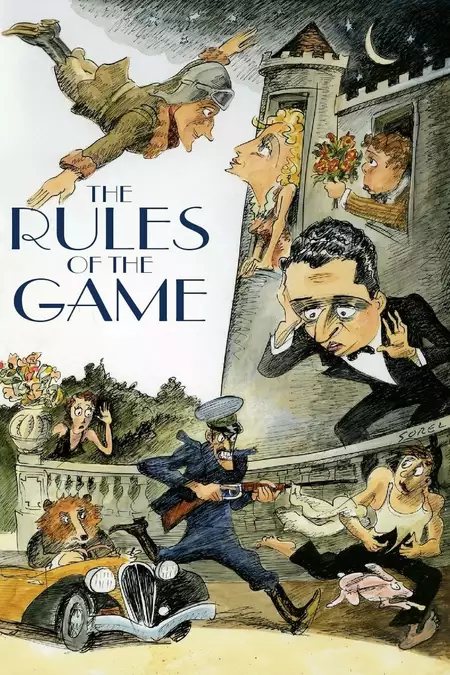
The Rules of the Game (1939)
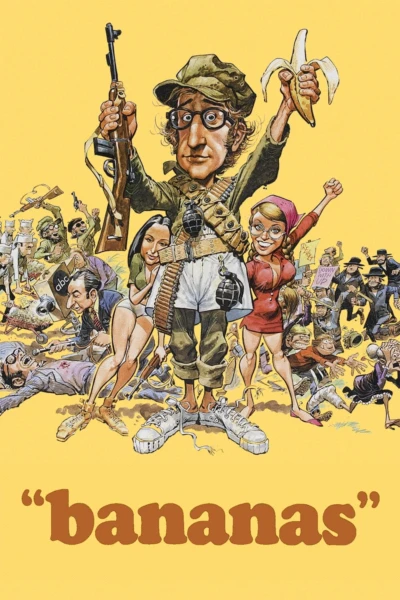
Bananas (1971)

The Bodyguard from Beijing (1994)

Trucks (1997)
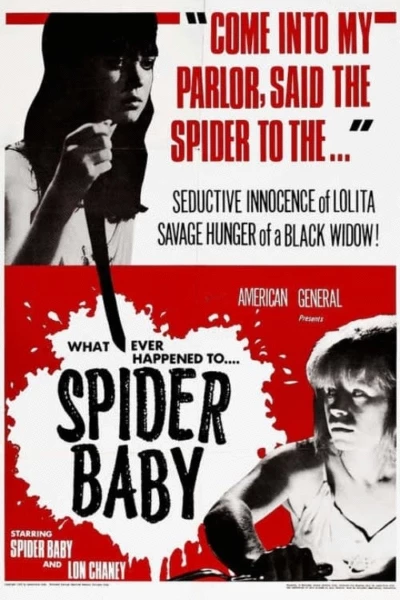
Spider Baby (1967)

Sharknado 2: The Second One (2014)

LEGO Scooby-Doo! Knight Time Terror (2015)
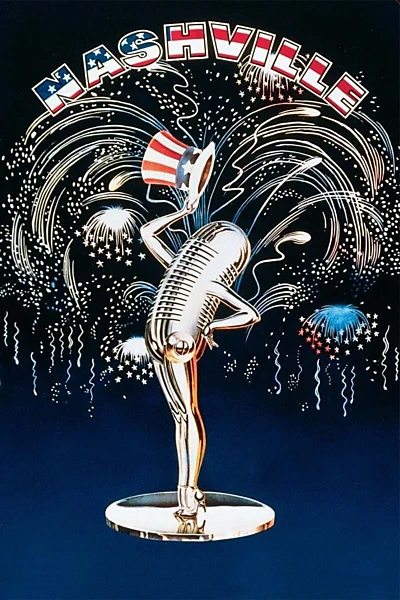
Nashville (1975)
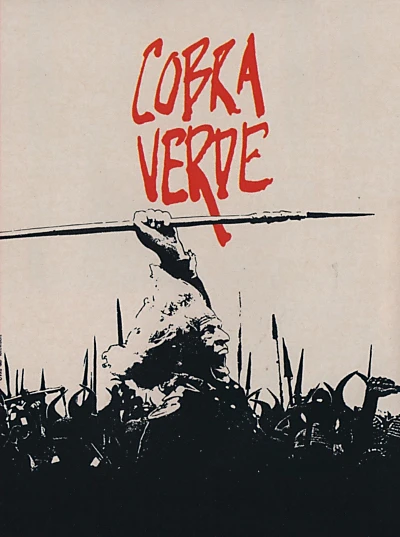
Cobra Verde (1987)
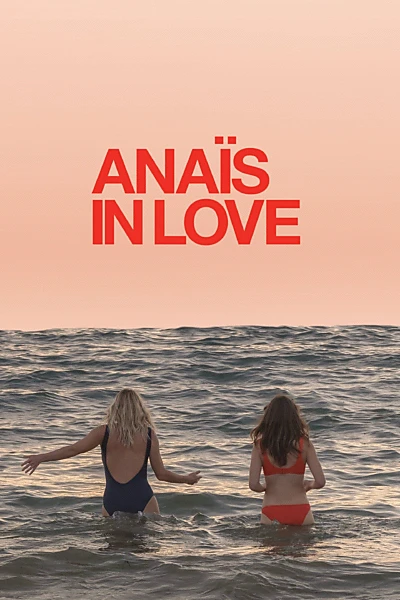
Anaïs in Love (2021)
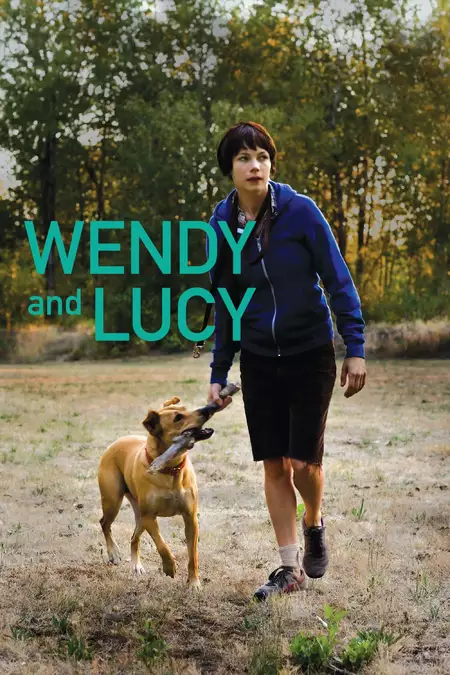
Wendy and Lucy (2008)
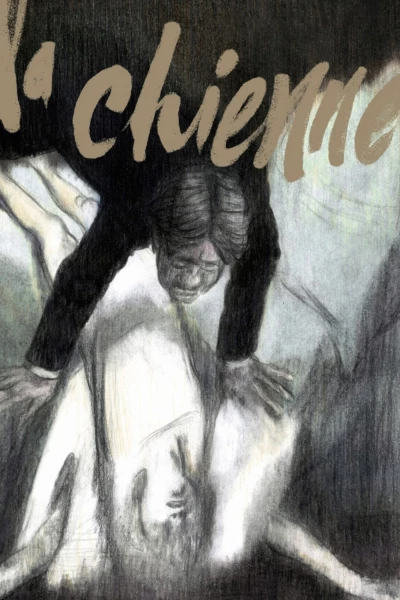
La Chienne (1931)
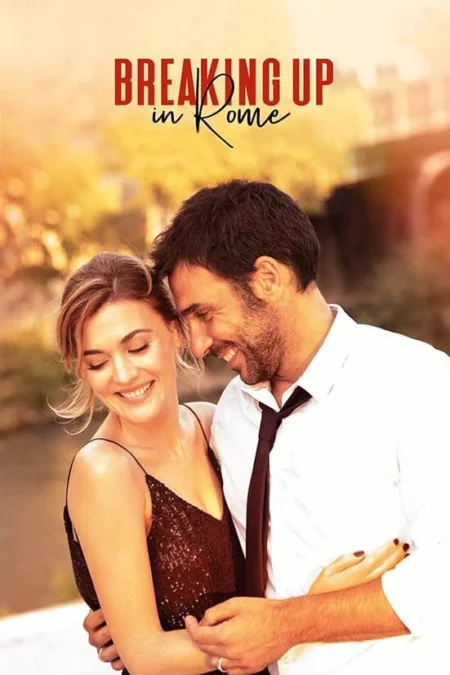
Breaking Up in Rome (2021)
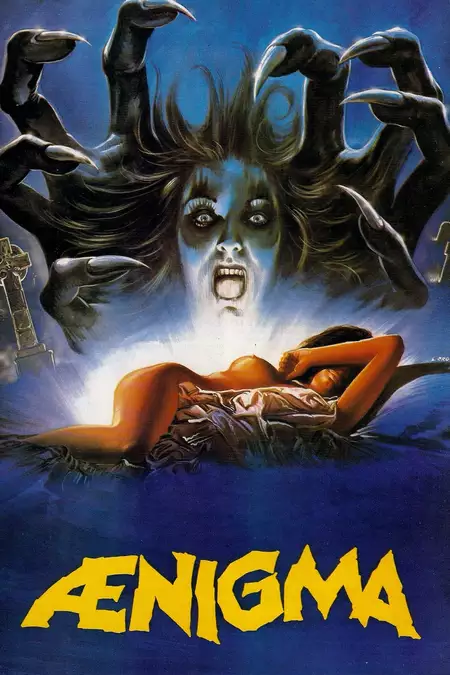
Ænigma (1987)
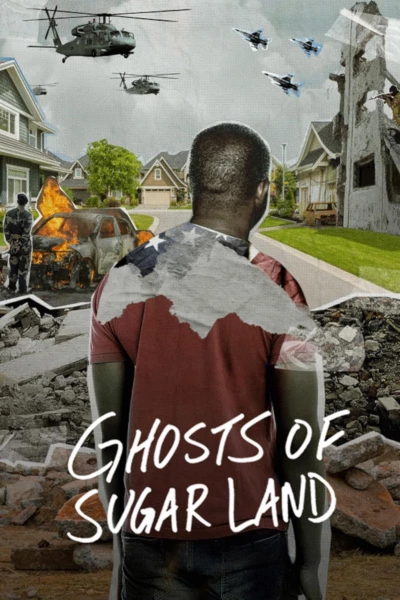
Ghosts of Sugar Land (2019)
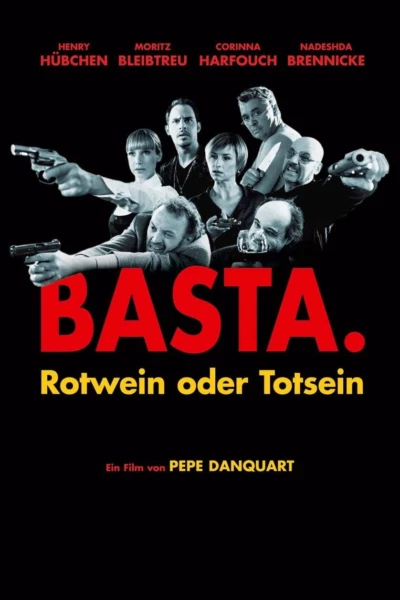
C(r)ook (2004)
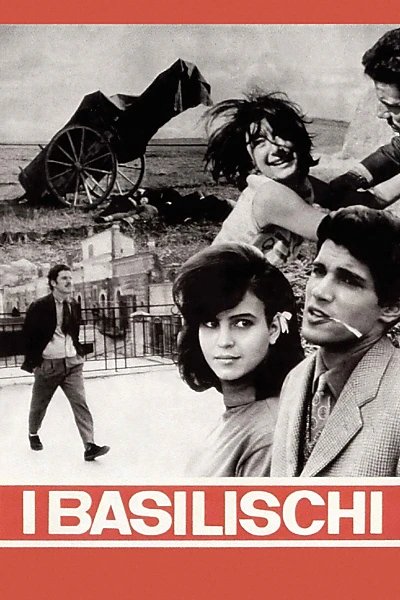
The Basilisks (1963)
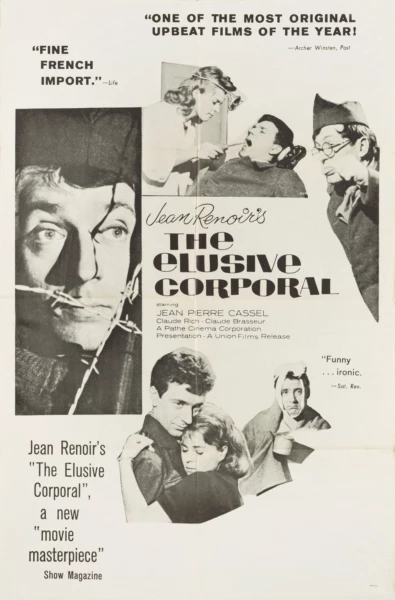
The Elusive Corporal (1962)
